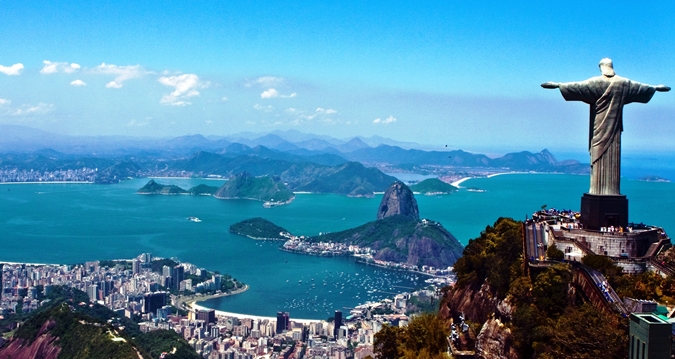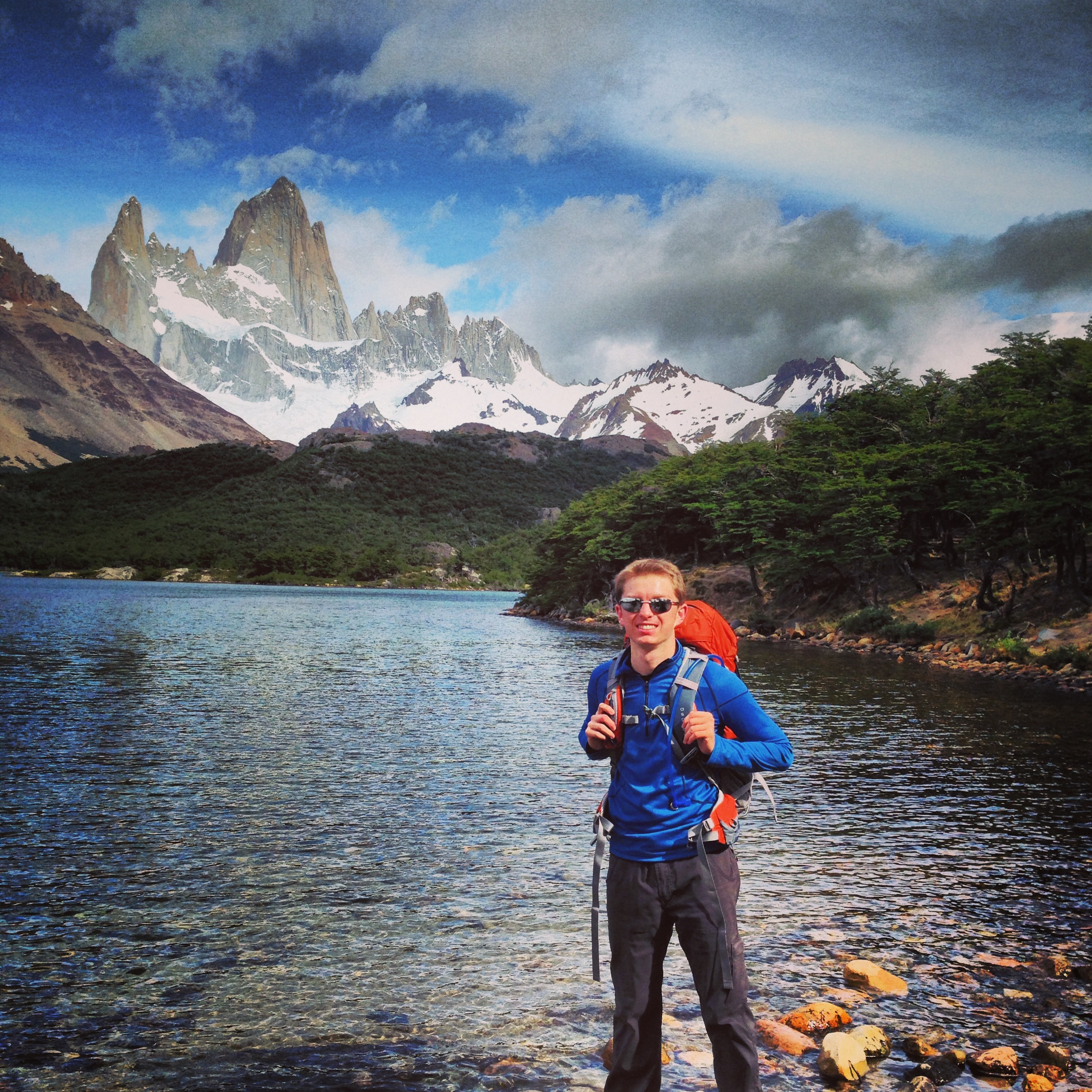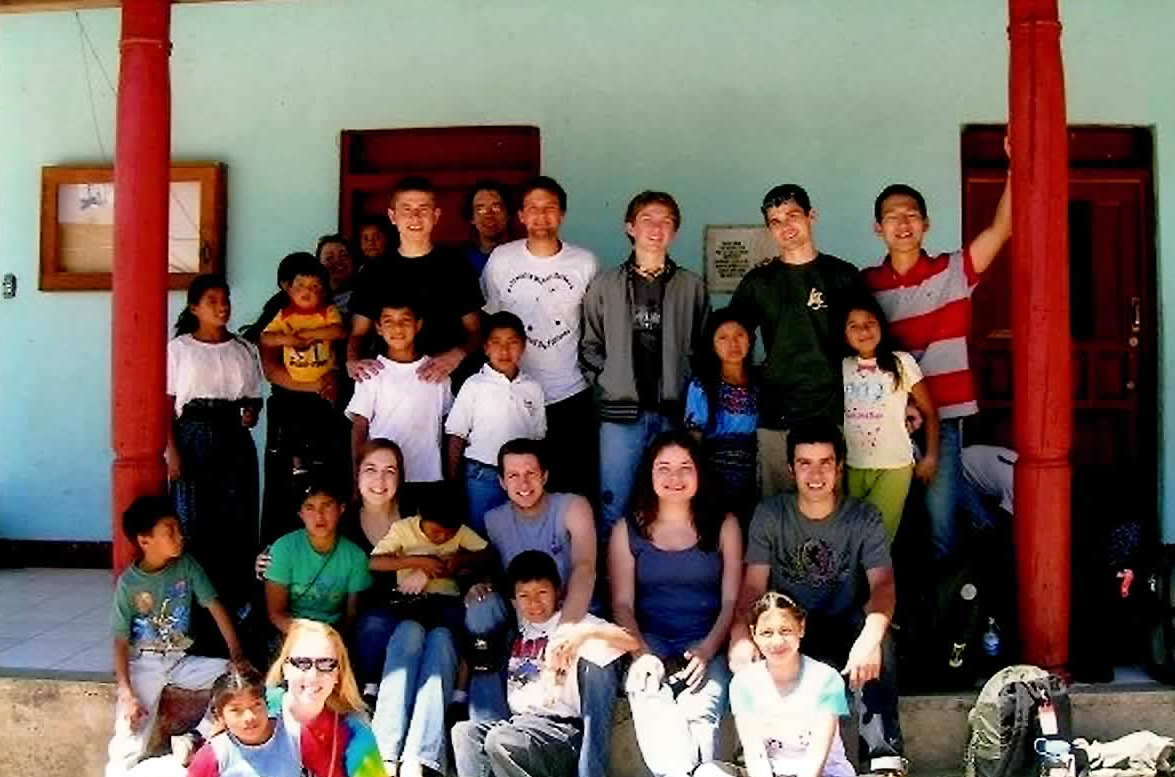6 Ways Long-Term International Travel Makes You a Better Businessperson
In just over a month, I’ll be hitting the road again for my first international excursion of 2016: Brasil. Not only will I be checking the Olympics off of my bucket list, but I’ll get a chance to explore the Amazon while saving some time for spontaneity around the Rio de Janeiro state.
A lot of people in a corporate job will look at their time off of work as a “vacation” – an escape from the daily grind – but I look at my time abroad as one of my most important development experiences of the year. While the word “vacation” brings to mind thoughts of temporary escapism, the word “travel” makes me think of something completely different: leaving what’s familiar to you to approach daily life with a heightened sense of your surroundings and a thirst to explore.
Many long-term travelers who are taking time off of work to explore the world use it as a period of self-discovery, and a chance to figure out what their next steps in life will look like when they return to the “real world.” But what about those of us that are already set (at least at that moment in time) on a particular career path, whether that be a 9-to-5 job, a startup, or a lifestyle business? Can travel still be a meaningful journey instead of a temporary escape? Yes it can!
Throughout my 6-years as a sales & marketing professional, I’ve found ways to muster up as much as 3 weeks off of work to travel abroad, or have taken a leave of absence to hit the road for close to 3 months. My travels have been just as beneficial – if not more beneficial – as the goals I set for myself in my personal development plan. Among the array of life lessons I’ve learned while on the road, below are 6 ways I’ve found that long-term travels can help make you a better businessperson:
Setting Priorities
Whether you have 3 weeks, 3 months, or even 3 years to travel, there’s a tendency to want to see and do it all before leaving for a trip. If you’re attempting to make your entire trip a whirlwind world tour with minimal downtime just so you can make it to a couple extra museums or national parks, you’ll likely start to regret it half-way through the trip.
In front of the Reichstag on my first Eurotrip - 11 countries, 3 months - back when seeing everything was the priority (Berlin, Germany, 2010)
Over the years, I’ve started to shift my focus in my travels from quantity to quality. I’d rather have the time to experience a city at a more relaxed pace than trying to cram in 1 or 2 more destinations. Business requires a similar level of disciplined prioritization. Sure, you can try to break into 3 new, completely different markets at the same time, but if you do that, there’s a good chance you won’t break into any of them, and will probably wear yourself out in the process. But, when you put your focus on a smaller number of more strategic goals, the chances of success skyrocket, and there will usually be 1 less customer segment controlled by your competition…
Problem-Solving
When you’re abroad for an extended period of time, is highly unlikely that everything will go according to plan. For example:
Hiking the Fitz Roy...not drenched...because it hadn't started raining yet. (Patagonia, Argentina 2013)
- Your motorbike might break down in the middle of a field in Myanmar.
- You’ll book a hostel for the wrong night in Buenos Aires when nothing else is available.
- You’ll hit the trail at Torres del Paines National Park in Patagonia with only a crappy poncho for rain protection, and it will be a torrential downpour for 2 days.
Some of these scenarios (OK, fine. All of them) may or may not be based on my own previous travel faux pas…
Regardless, when sh*t happens, you have 2 options: get pissed / panic / mope around, or figure it out! Situations that come up in business usually present those same 2 fundamental choices, and when you’re able to get through tough circumstances like that abroad – with no cell phone coverage…where you don’t speak the local language – working through unexpected circumstances with clients or an unfortunate turn in the market seems much less daunting.
Building Quick but Meaningful Connections
Tim Ferriss is probably one of the more renowned individuals that has seen equal amounts of world travel and business success in his career. Author of The 4-Hour Workweek and current host of The Tim Ferriss Show podcast, one of my favorite keynote topics from this guy is the notion that “your network is your net worth.”
That one time my new hostel connections from the Cinque Terre followed me to Florence...where it was also raining. Sensing a reoccurring theme in my travels? (Italy 2010)
When you’re traveling, even if you’re on the road for a long time, you will only have a relatively short period of time to connect with fellow travelers on an excursion, at a hostel, or on a train. Your new best buddy that you met in Berlin is probably going to ride to Prague tomorrow while you’re taking the train to Amsterdam. Make use of the short time you have, and connect over the things that matter to them: where they’re from, what they’re doing, and what they care about. Listen, learn, and spend less time talking about things that only matter to you.
The same truths apply when you’re back at your home base, networking with a potential business partner or meeting a new customer for the first time. And now with the power of social media, there’s plenty of opportunity to keep that relationship going after your initial interactions, whether it’s your buddy from Berlin, or a VP of Marketing at your top prospect.
Oh, and the other cool thing about building connections while you travel? That friend you met in Berlin and that VP of Marketing I just mentioned…with a bit of travel serendipity, sometimes that ends up being the same person!
Seeing the Value of Diversity of Thought and Experience
This past December, I was traveling through Myanmar on my first Southeast Asia trip. I was in Bagan for a few days, and the hostel we were staying at was hosting Trivia Night. Personally, I’m not very good at trivia. When the topic moves beyond geography, 90’s pop culture, and “name that tune” I’m pretty well toast. Also, I’d never won a trivia night…until then!
With a team that consisted of a backpacking Brit, an Australian couple, a German on a break from school, and an overly-enthusiastic American (that’s me!), we all brought something different to the table. After a dramatic finish ending with a back-and-forth debate on the location of the 1988 Winter Olympics (Calgary!), we pulled ahead and won the night by 1 point. Wow!
No single person was the sole contributor on this team, and while a trivia night is hardly a reflection of the more definitive moments in one’s life, it goes to show that a mix of backgrounds and experience can be a game-changer. The working world values diversity in the workplace for this same reason: it brings a wide array of thought, experience, and worldview to the organization that ultimately makes companies that much stronger.
International Masters of Trivia right here... (Bagan, Myanmar 2015)
Balancing Planning & Spontaneity
You’ll meet a handful of different types of travel personalities when you’re on the road for a while. You’ll meet the free-spirited backpacker that booked her 1-way ticket to Bali with little more than the goal of getting away from it all, and maybe making it to Vietnam at some point. On the flip side, you will definitely run into the guy that swears by Lonely Planet, and has his itinerary down to the restaurant he’s going to when he lands in Rome 2 weeks from now. Both approaches have their pros and cons, and it’s important to find the right balance between planning and spontaneity when you’re traveling, regardless of the length of your trip.
The same can be said for the workplace. In this case, I look at “planning” as anything from the 2-to-3-year strategic direction of your business, to your personal career trajectory. Having an idea of what you want your business to look like in 3+ years should have a direct impact on what you set out to accomplish on an annual, quarterly, and even day-to-day basis.
On the flip side, I see “spontaneity” as being adaptable to changes – changes in the market, adjustments to your sales plan, and to new career opportunities that may pop up. Whether you missed your boat to Ibiza or your revenue projections are slightly under water halfway through the fiscal year, there’s no point dwelling on the past; quickly learn from those experiences, readjust, and trudge forward! I know I wouldn’t let a small setback stop me from finding a way to a killer party on the island of Ibiza, and the same goes for making it through hiccups in a business plans…
Getting Out of Your Comfort Zone
Our EWB Project Crew at Santa Maria de Guadalupe Orphanage (Santa Apolonia, Chimaltenango, Guatemala 2007)
Up until the year that I turned 20, I had never traveled outside of the U.S. or Canada. I only thought of “travel” as the “vacation” I described at the beginning of this post – just a temporary, relaxing escape from the things I did in school, my summer jobs, and extracurriculars throughout the rest of the year. When I finally went to Guatemala for an Engineers Without Borders service project 2007, I realized that traveling to new, unfamiliar territories was a way to rapidly expand my horizons in ways I couldn’t do at home.
I remember feeling the same way when I started going after my first million-dollar opportunities as a sales engineer at the start of my career. I had no experience executing on a sales strategy, and I lacked the confidence to fully-articulate the value that my company brought to the table. I was again in new territory, but fortunately, the more opportunities I pursued, the more my comfort zone in business expanded.
I look at growing your career as an ongoing process of expanding your comfort zone. I don’t know about you, but I start to feel a bit stagnant when I’m in the same, comfortable position for too long. If all of my travel involved trips home to the Midwest and a couple party weekends in Vegas thrown in for good measure each year, I’d probably feel stagnant in my everyday life as well. Traveling to foreign places helps instill a sense of desire to explore beyond what’s familiar to you, and I truly believe that carries over to work and daily life. Jumping out of the comfort zone can be scary, but when you do, you will be rewarded with experiences, skills, and opportunities that at one point in your life seemed impossible to attain.
Never stop exploring...
Traveling has helped my career in more macro ways than spending a few extra hours in the office ever will. From aggressively setting priorities to exposing me to new possibilities, the lessons I’ve learned abroad have been engrained into my habits and worldview that impact the way I approach my day-to-day life. Like anyone, my career is a huge part of who I am and my daily routine, and traveling has made me that much more effective as a business professional.
How has travel helped you become a better businessperson? How has travel helped you develop in your career? Please share in the comments below!






